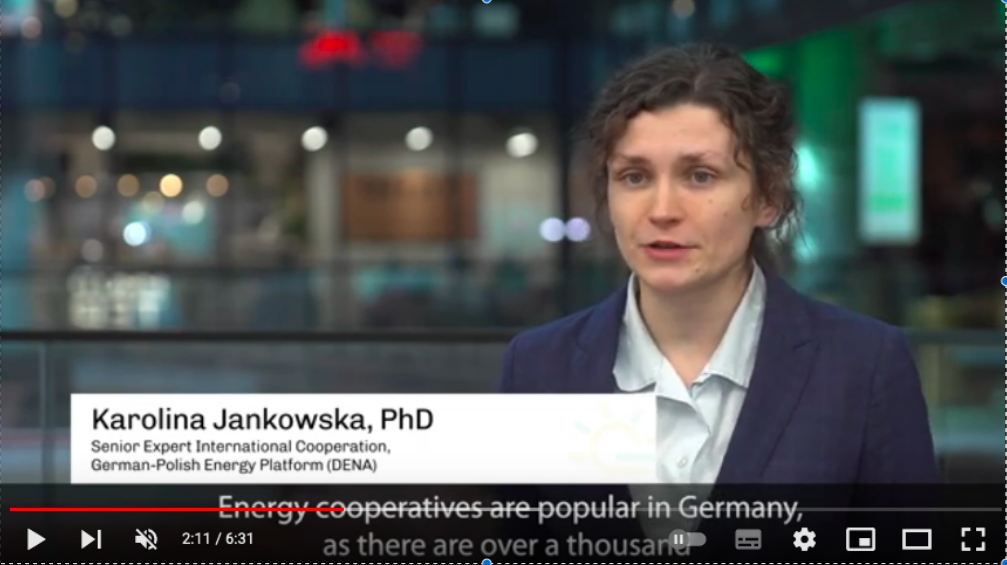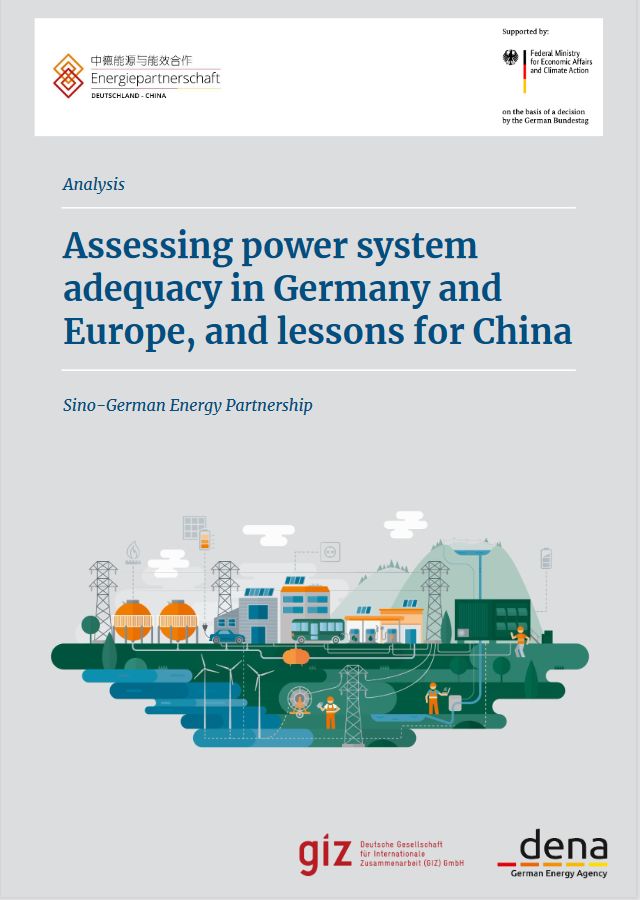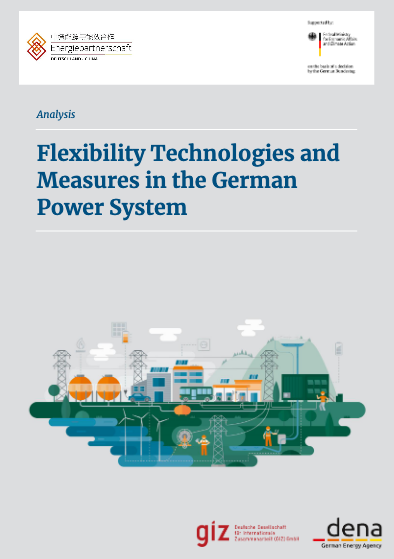
I was invited to present during the results of the comparative study of the Polish-German Energy Platform on energy communities in Poland and Germany.
Organisers of the conference with the title “Energy cooperatives as part of a sustainable energy transition in rural areas”, were partners of EUKI project RENALDO as well as the Polish Ministry of Agriculture and Rural Development (MRiRW), in cooperation with the National Agriculture Support Center Poland (KOWR). The conference concluded the RENALDO project and gathered more than 200 participants.
The event was opened by Ms Anna Gembicka, Secretary of State at the Polish Ministry of Agriculture and Rural Development, Ms Nathalie Berger, Director for Support to Member State Reforms at the European Commission’s DG REFORM, and Mr Berthold Goeke, Deputy Director-General for National and European Climate Policy, at the German Federal Ministry for Economic Affairs and Climate Action. On the first day, participants had the chance to learn about the energy cooperative model and its advantages, and about experience from European energy cooperatives in Italy, Greece, Czech Republic and Germany. The following panel discussion focused on best practices from the RENALDO and involved communities in Poland. Relation from the event can be also found here.
My presentation during the conference, in pdf as well as a video, can be found on the KOWR-website (also other presentations in pdf and as videos are available on the KOWR-website). All presentations and discussions as well as a summary video from the conference, including an short interview with me, are also available on youtube (summary video and whole conference day 1 and day 2).




